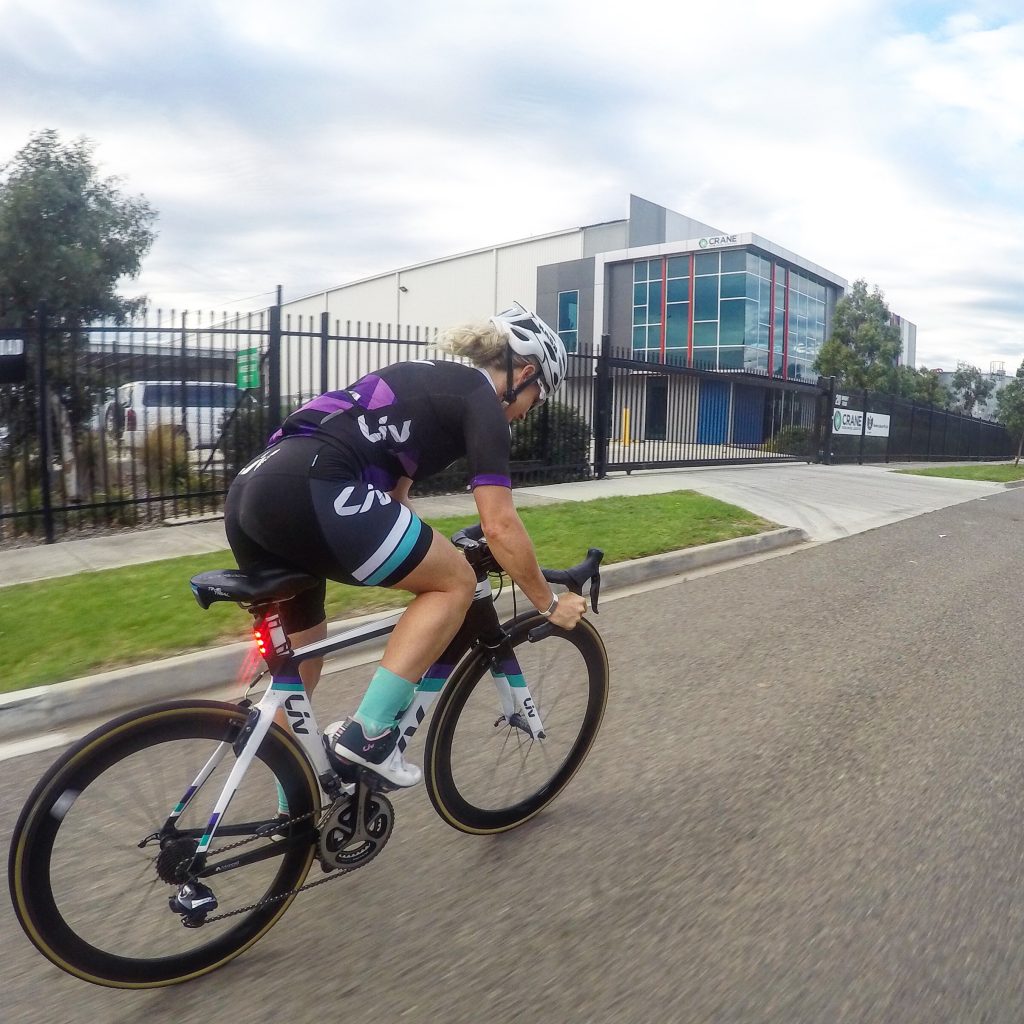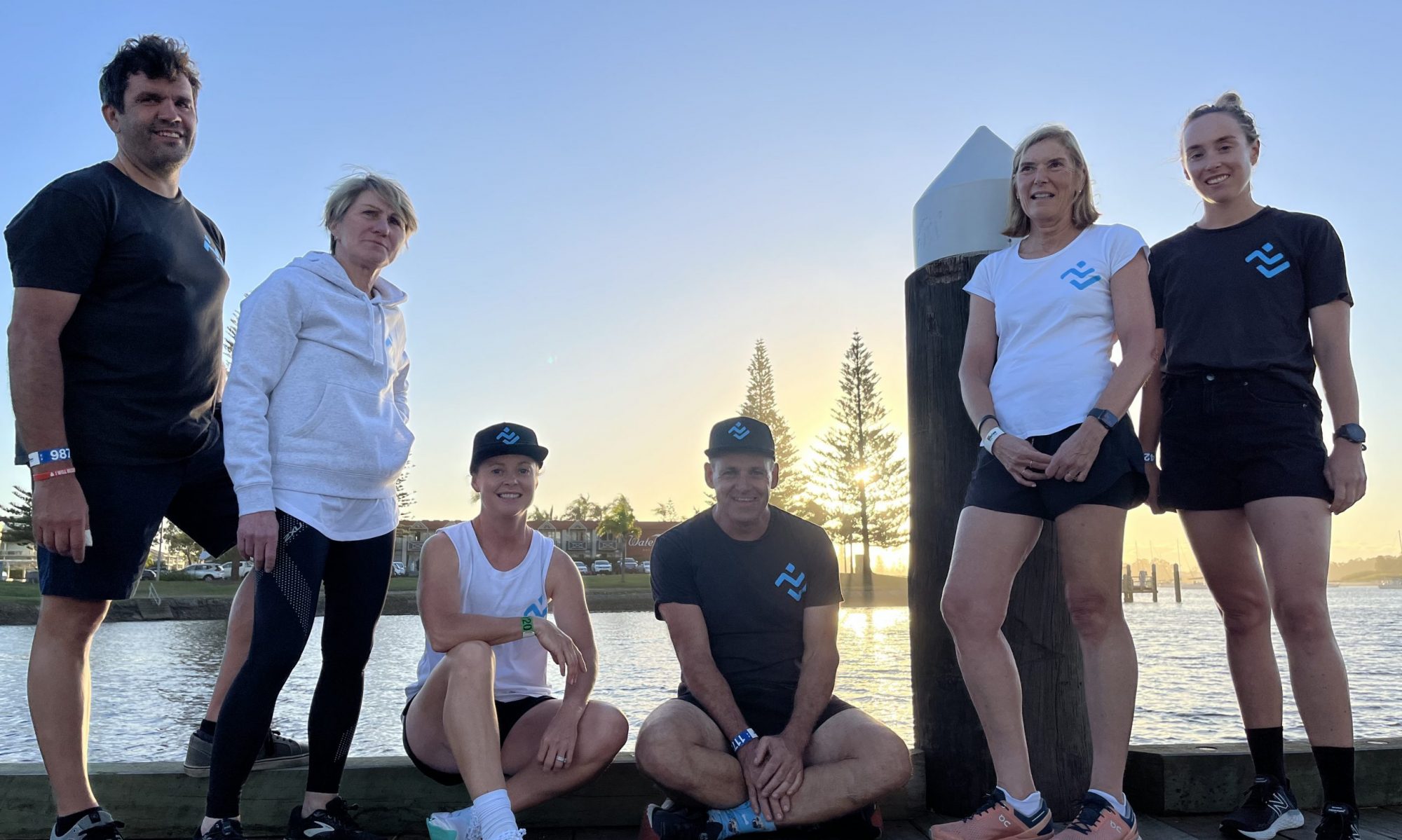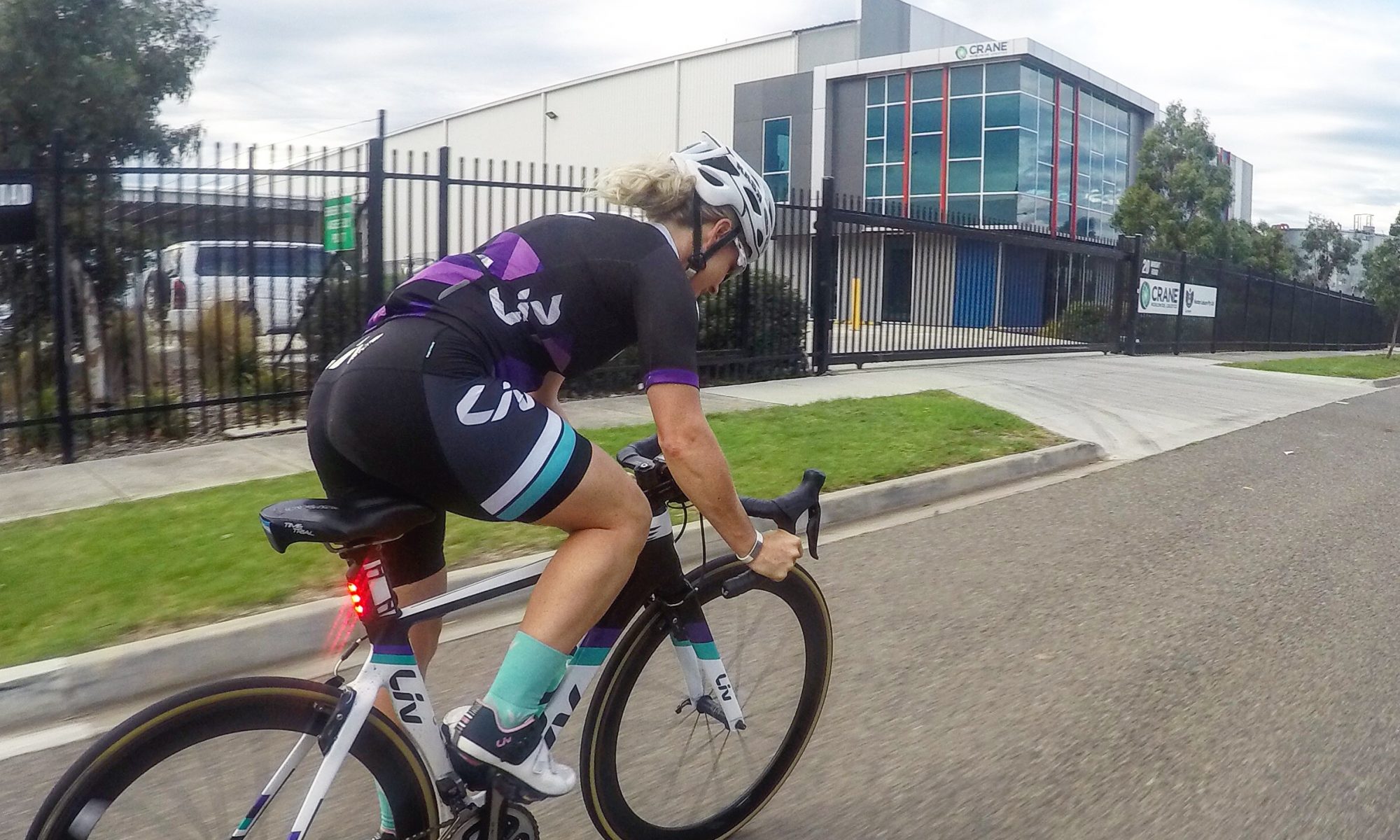Triathlon is a difficult sport to master for so many reasons. There is so much to learn, technique to improve, areas to develop. It requires discipline, self-motivation and often lots of time. Throw on top of that, the number of gadgets, gear and data that is available to you and it can turn your head into a spin! Some athletes don’t know where to start, others get lost along the way, and many become obsessed.
Over the years, the sport has become very numbers driven and it has become so competitive that many age groupers are now being labelled pro age groupers. A new breed of athlete that races as an amateur but essentially lives and trains as if they are a pro. And that has also created the demand for new ways to improve and perform like a pro – enter the power metre.
There are a number of ways you can measure data including heart rate monitors, GPS, smart phone apps, and one that is becoming increasing popular with triathletes is a power metre. The power metre is designed to measure the power (watts) output of a rider using a strain gauge to measure the amount of torque applied. When this is combined with velocity, power is calculated. There are a number of power metres now available on the market with the price continually dropping, allowing them to become more accessible to every day age groupers, which is fantastic. The problem we are starting to see here though, is athletes who are becoming obsessed with this data.
Power metres can be a powerful tool, but they can also become a dangerous one. Many triathletes are your typical Type A personalities who are driven and can become obsessed and fixated, on a particular number on a screen, instead of taking a look at the big picture and it can be a dangerous place for an athlete to be in. It is the same with those who always run with a GPS watch and then don’t know how to run without it. Athletes who rely too heavily on measurements, devices and data start to lose their intuition. If you start to rely purely on a screen for feedback on how you are responding, you will lose contact with your body and how you are actually feeling. Perception on how you feel is often the best measure of how you are tracking.
Most triathletes would have heard of the term FTP – functional threshold power. FTP is effectively the maximum power you can sustain for an hour and many triathletes test their FTP regularly to gauge their improvements, set new training zones and to help develop a threshold power they will race with over a given distance.However many athletes start to lose themselves as they constantly want to test their FTP and find out what that magic number is. It becomes almost like an obsession, rather than knowing or understanding what that value / number is actually for. FTP should be a measure that you can take as a guide and then go out onto the road and find out what is actually real. You will find you will gain more value in understanding relative power over a course (specific to your race) than an FTP figure itself. A super 20min FTP test does not mean you are going to nail race day!
So think of power metres and data such as FTP a bit like using a set of scales for losing weight. It is a great tool to help you achieve your goal, showing you one way to measure, but it is not the only tool, nor the only measure. It is one tool in a large tool box, so use it accordingly. Don’t be so fixated on a number and always wanting to beat that number, as you will lose sight of the bigger picture. Use it as a guide, for bench marking and a reference to how you are actually feeling. Use it to assist in controlling your efforts and helping you improve for the race/distance you are training for, but don’t lose touch of your intuition and how you are feeling.
Chris Boardman – former British Olympic Cycling Gold medalist, 3 x tour stage winner and 3 x hour record breaker sums it up well: The most important thing to remember when measuring performance is the three P’s –Power, Perception and Pulse. Numbers don’t tell you how you feel. I never raced to data – either the hour record or at a prologue.
From a coaching perspective, data analysis allows us to accurately determine requirements of a given event/discipline. With previous data history and analysis, we can pretty accurately know and understand what is required of a top age grouper to perform at the top level or to reach a personal best. This then allows us to replicate what is needed in training to get the result we/the athlete is after. BUT just like athletes, we too require input from other methods, we don’t rely solely on your data, constant feedback and communication is just as important – if not more important than the numbers themselves.
Also think about the amount of time you are spending on analyzing data. You have to determine what the cost versus reward there is. From a Coaching perspective, to a point, I personally believe it can be a waste of valuable time for age groupers to analyse their own training data. Yes, review and understand it, but don’t become obsessed with it. You could be better spending your time on recovery, sleep, body maintenance etc. So I recommend working closely with a Coach who can help analysis your data for you (that’s what they are there for) rather than simply relying on your own analysis. Interpretation of data requires knowledge, experience and time – if you don’t have these then seek help from a Coach. A Coach will be your leveling voice for when you cant see through all the data you are bogged down with. So instead of trying to decipher innate amounts of data, why not allow a Coach to decipher this for you and provide them with your feedback.
So don’t get bogged down with data and numbers, and don’t forget the fundamentals of why you train and race. No one wants to train with someone who is constantly talking about their efforts, thresholds, and power. You will quickly start to lose training partners and friends if you do…

KEY TAKE HOME POINTS:
- Having access to power is one thing – but having these numbers alone wont make you a pro overnight. It takes patience, learning and dedicated training to reap the results.
- Dont lose sight of the bigger picture, you can learn so much more from your training itself than the testing, time trials and FTP tests.
- Power metres and data can help you with training, but as just one tool in your toolkit, don’t rely solely on it.
- Never lose the ability to be intuitive – listen and learn from your body.
- Follow a sound training plan and invest in a Coach
- Don’t become obsessed with data that it becomes a hindrance to your performance
Terminology –
FTP – Functional Power Threshold
TSS – Training Stress Score
HRV – Heart Rate Variability
RPE – Rating Perceived Exertion
TT – Time Trials LT – lactate threshold
MHR – Max Heart Rate
VO2 – Maximal Aerobic Capacity


